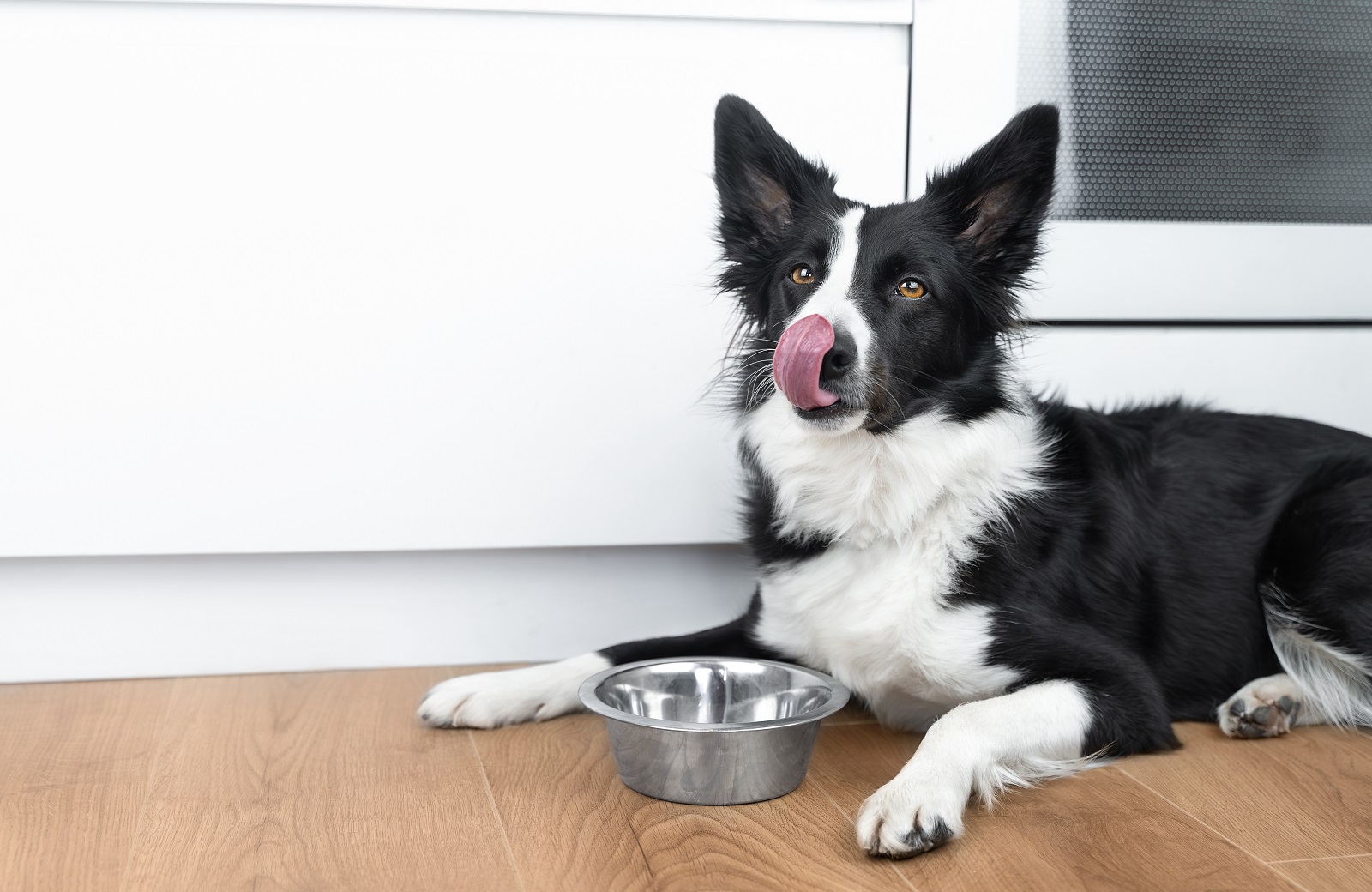Choosing the right dog breed is more than a matter of aesthetics; it’s a decision that impacts your daily life. Did you know that some of the UK’s favourite breeds come with significant health challenges?
1. Labrador Retrievers: Prone to Obesity

Labrador Retrievers are known for their love of food, which can lead to obesity if not carefully managed. Regular exercise and a balanced diet are essential to prevent weight-related health issues like diabetes and joint problems.
2. Cavalier King Charles Spaniels: Heart Problems

This breed is prone to mitral valve disease, a serious heart condition. Regular vet check-ups and monitoring are crucial to managing this health issue, which can be both emotionally and financially taxing.
3. Bulldogs: Breathing Issues

English Bulldogs often suffer from brachycephalic obstructive airway syndrome (BOAS) due to their short snouts. This can lead to severe breathing difficulties, requiring potential surgery and continuous care.
4. German Shepherds: Hip Dysplasia

German Shepherds are genetically predisposed to hip dysplasia, a painful condition that affects their mobility. Treatment can be expensive and may involve surgery or lifelong medication.
5. Boxers: Cancer Risk

Boxers have a higher risk of developing certain types of cancer, including lymphoma and mast cell tumors. Regular screenings and a vigilant approach to any health changes are necessary.
6. Dachshunds: Back Problems

The Dachshund’s long body makes them prone to intervertebral disc disease (IVDD). Preventive measures include avoiding stairs and providing supportive bedding, but surgery may be needed if the condition progresses.
7. Pugs: Eye Conditions

Pugs are susceptible to eye problems such as corneal ulcers and dry eye due to their protruding eyes. Regular eye care and prompt treatment of any issues are essential.
8. Beagles: Ear Infections

Beagles’ long, floppy ears can trap moisture, leading to frequent ear infections. Regular cleaning and vet visits are necessary to keep their ears healthy.
9. Golden Retrievers: Skin Allergies

Golden Retrievers often suffer from skin allergies, which can cause itching and discomfort. Identifying allergens and providing appropriate treatment can be a continuous effort.
10. Yorkshire Terriers: Fragile Bones

Yorkies are prone to fractures due to their small size and delicate bones. Extra care is needed to prevent injuries, especially in households with young children.
11. Shih Tzus: Dental Issues

Shih Tzus frequently experience dental problems, including overcrowded teeth and gum disease. Regular dental care and professional cleanings are important to maintain oral health.
12. Cocker Spaniels: Ear and Eye Problems

Cocker Spaniels are prone to ear infections and eye conditions like cataracts and glaucoma. Routine grooming and vet check-ups are necessary to manage these issues.
13. Staffordshire Bull Terriers: Skin Conditions

Staffies often suffer from skin conditions such as dermatitis. Regular grooming and hypoallergenic diets can help manage these problems.
14. French Bulldogs: Heat Sensitivity

French Bulldogs are sensitive to heat due to their brachycephalic skulls. It’s vital to keep them cool in hot weather and avoid excessive exercise.
15. Rottweilers: Joint Problems

Rottweilers are prone to joint issues such as arthritis and hip dysplasia. Keeping them at a healthy weight and providing joint supplements can help manage these conditions.
16. Border Collies: High Energy Needs

Border Collies require a lot of physical and mental stimulation. Without sufficient exercise and engagement, they can develop behavioural problems and anxiety.
The Reality of Breed Choices

Choosing a dog breed involves more than just aesthetics; it requires understanding and preparing for potential health issues and behavioural traits. Ensure you’re ready for the commitment and challenges that come with your furry friend’s breed.
The post Dog Breed Decisions: 16 Factors I Wish I Had Thought About first appeared on PawShore.
Featured Image Credit: Shutterstock / Ground Picture.
For transparency, this content was partly developed with AI assistance and carefully curated by an experienced editor to be informative and ensure accuracy.

